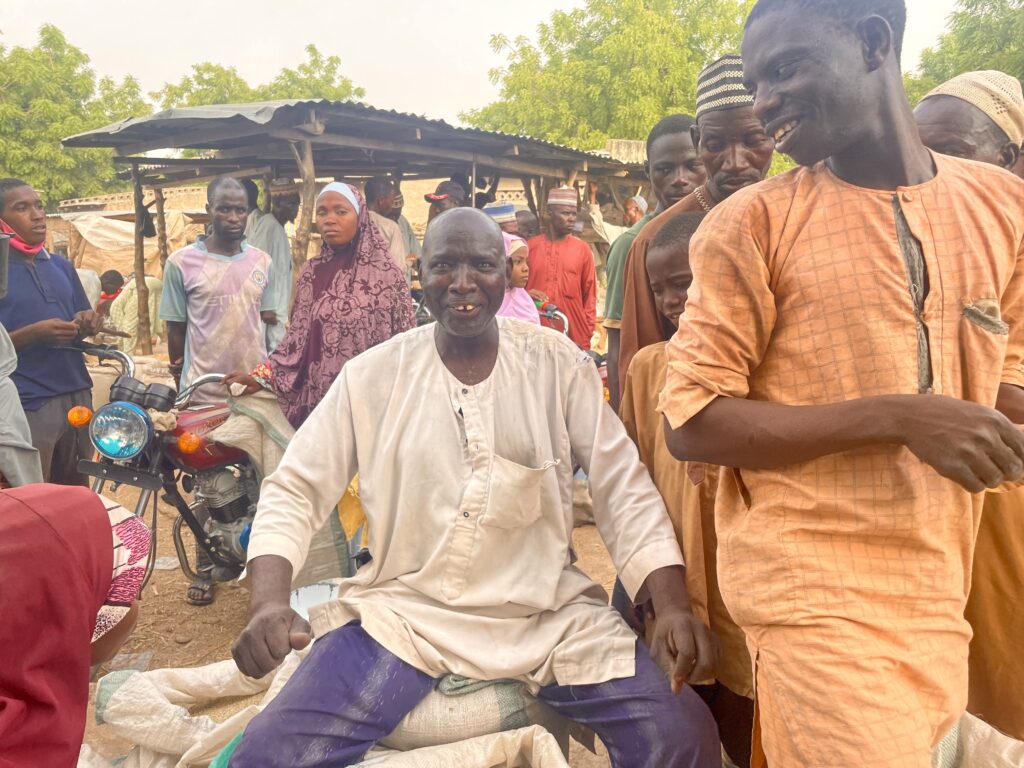Yakubu is a hardworking farmer in Jigawa State. Every week, he loads his bags of millet and groundnuts onto a borrowed motorcycle and travels to his local market—a dusty, bustling hub that has served generations before him. There, amidst the noise and activity, Yakubu sells his produce, sometimes trading hundreds of thousands of naira in value over a few days. Despite the volume of trade he handles, Yakubu has never accessed a formal loan. He’s never had crop insurance. His livelihood—like that of millions of farmers across Africa—relies solely on his knowledge, relationships, and the trust he’s built in his community.

Markets like Maigatari Market, where Yakubu trades, remain the beating heart of agricultural trade. Though often overlooked in formal economic conversations and tech-driven interventions, these markets move billions of naira in produce every week. Beneath the seeming chaos lies a web of leadership, social capital, and informal systems. Market heads, or ‘sarakuna kasuwa’, manage disputes, stabilize prices, and protect order. Trade groups and brokers move goods swiftly from farmers to buyers. Trust, not contracts, enables transactions. And word-of-mouth serves as the primary engine of information sharing. These systems, though resilient, are riddled with inefficiencies—slow price discovery, poor data flow, and high post-harvest losses. Yet, buried in these markets is deep, often invisible, knowledge—shared through touch, tone, and tradition.
At CoAmana, we are building tools and platforms that help these markets work more efficiently—without replacing their soul. Through Amana Market, we’re digitizing trade activities, offering real-time price tracking, embedded finance, and access to wider markets. But we know that technology alone isn’t the solution. So, we invest in learning—about relationships, information flows, and trust.
Through our on-ground agents, partnerships, and work with market leaders, we’re uncovering why and how trade happens the way it does. We don’t just look at what’s inefficient—we listen to what works. This informs everything: our offline tools, our language choices, our financial structures, and even our SMS updates.
We’re also helping document these invisible systems—mapping routes, tracking pricing histories, understanding cycles, and closing feedback loops. The more we learn, the better our tools become. And the stronger the markets grow.
Stronger connections mean making markets like Yakubu’s more profitable, more resilient, and more dignified. It means building tools that amplify, not erase. It means recognizing that behind every transaction is a person—and behind every market is a system worth understanding. The more we connect with the market, the more value we generate—for farmers, traders, communities, and even ourselves. Better systems come from deeper understanding. And from that understanding, local trade can truly thrive.

